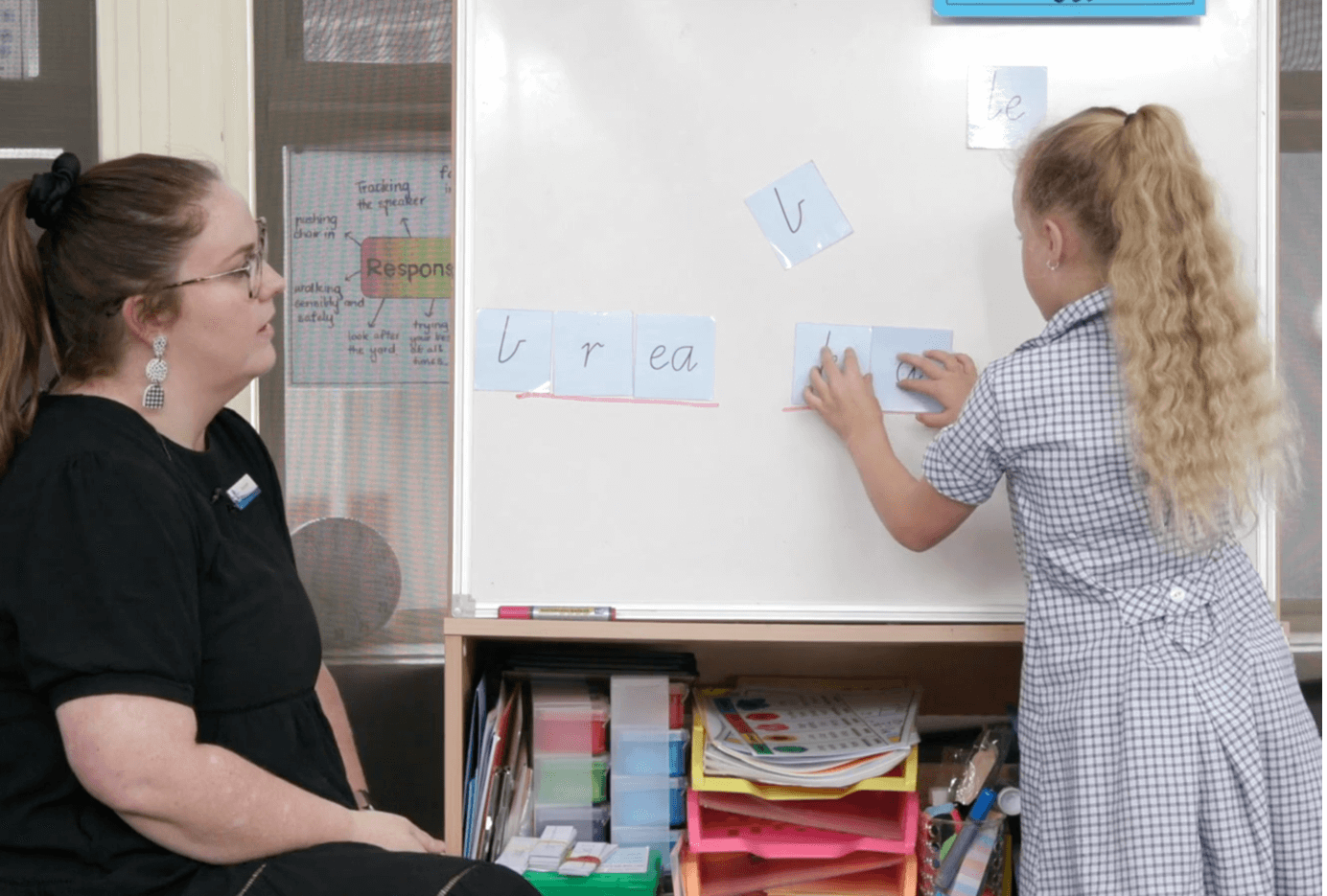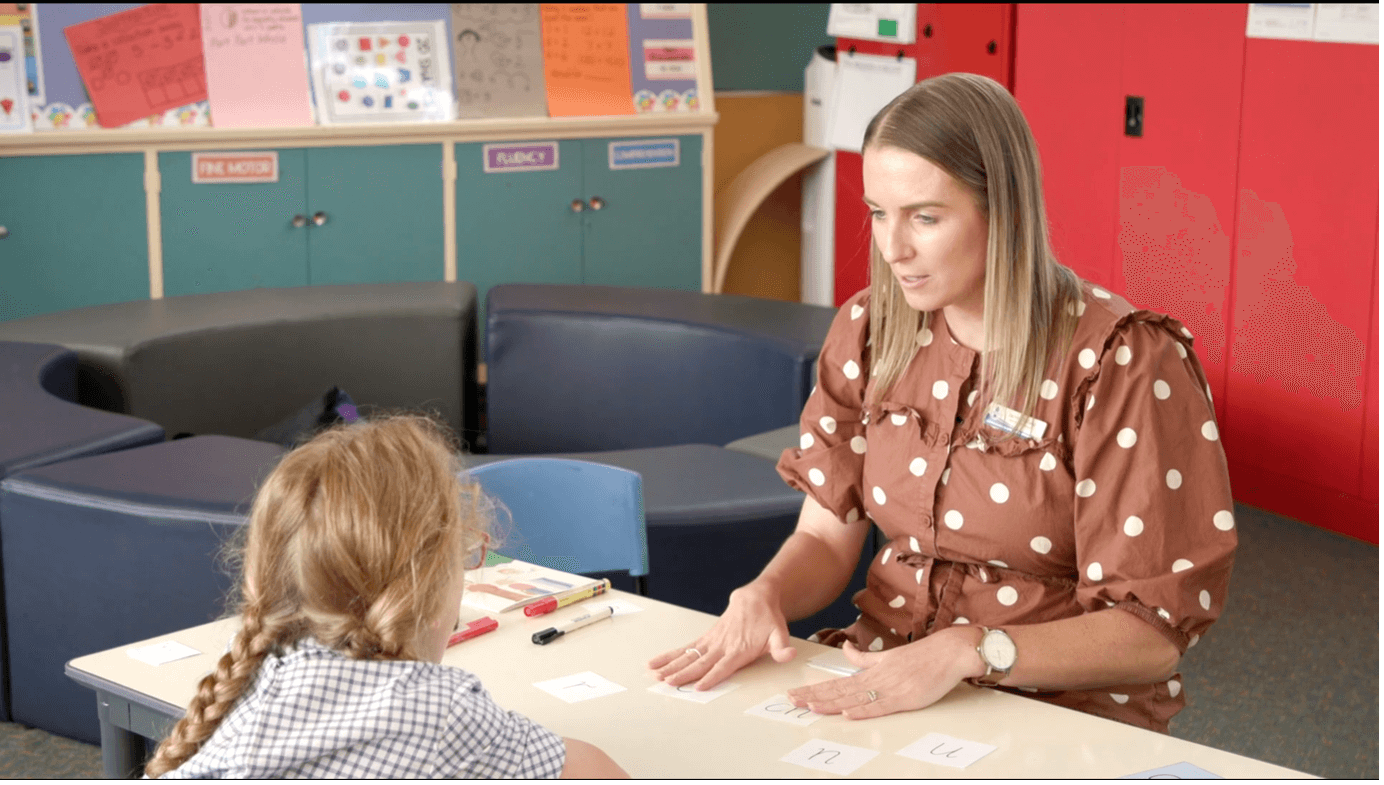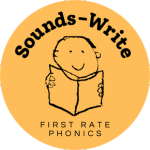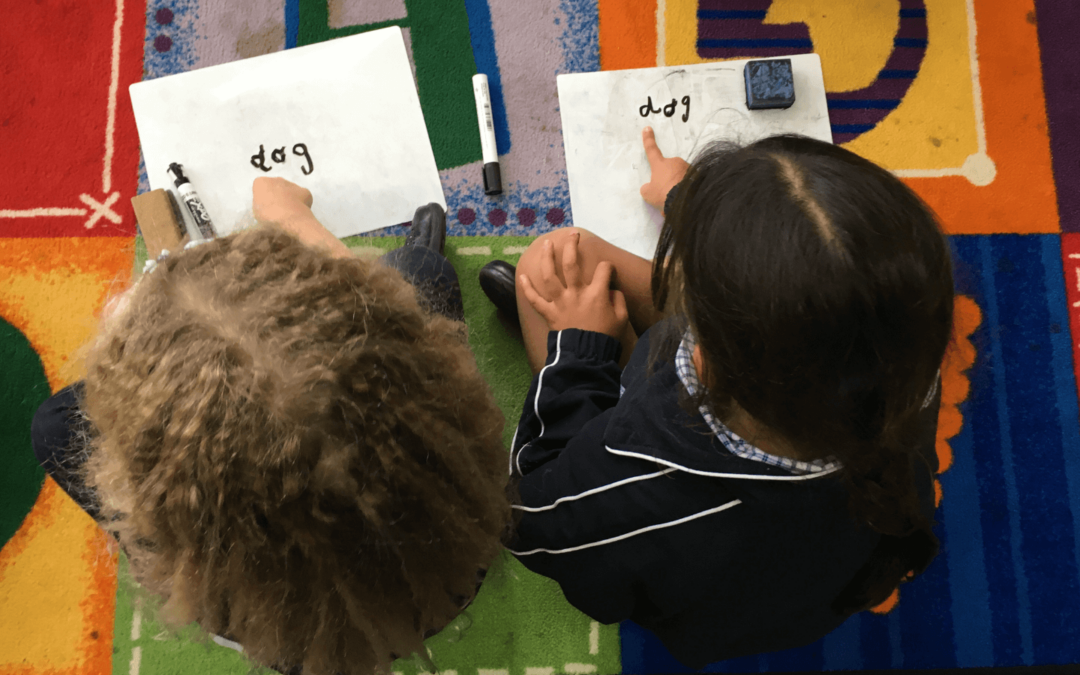A new era for state schools in Victoria, Australia
In Victoria, Australia, the science of reading is gaining recognition as a crucial element in improving literacy outcomes for students. Phonics in particular, has been identified as a fundamental skill that forms the basis of reading and spelling proficiency. In a drive to improve reading skills in Prep to Year 2, the Victorian government wants all state schools to use phonics to teach reading from 2025 and wants teachers to spend a minimum of 25 minutes a day teaching phonics and phonemic awareness explicitly.
>> Find out more about Sounds-Write phonics by joining one of our webinars >>
The Sounds-Write phonics program has been used successfully in many Victorian schools for a number of years, with thousands of teachers trained in the approach.
In this blog, we look at some of the schools that are using Sounds-Write and the lessons learnt from the many years of implementing the approach in Victoria.
Understanding the Sounds-Write approach
Sounds-Write underpins the development of reading and spelling by explicitly teaching the crucial link between the sounds in our spoken language and the letters that represent these sounds in written form. This systematic and explicit approach to phonics instruction involves what is known as speech-to-print orientation. By starting with what children already know, the sounds in their language, and teaching how these are represented in writing, what is known as a speech-to-print approach, students are set up for success from the get-go.
Teacher knowledge plays a critical role in effective teaching and learning (Coe et al. 2014), and this is also the case in teaching students to read and spell. In the context of phonics, teacher knowledge means two things: subject knowledge, both of the content being taught and how students come to understand it; and instructional knowledge – the specific practices and strategies that result in effective learning, such as questioning, modelling, review, scaffolding, and feedback among others.
That is why at Sounds-Write we focus on providing high-quality professional development, whether teachers are helping students to get started in their journey in Prep or supporting them to flourish and become independent readers and spellers later in their educational journey.
While the importance of phonics teaching is now universally accepted, the way phonics is best taught continues to be debated. What is agreed, however, is that the teaching of literacy should incorporate evidence-informed practices which include a place for explicit and systematic phonics instruction. As with all literacy learning, phonics instruction should take place within a meaningful, communicative, rich pedagogy, and within genuine literacy events (Hornsby & Wilson, 2011, p.19).
Literacy Teaching Toolkit , Victoria State Government, Department of Education

Teaching polysyllabic words to a Y2 class at Camperdown College, Victoria

Teaching Sounds-Write as an intervention at Camperdown College, Victoria
Successful Implementation of Sounds-Write: Stories from Victorian Schools
The journey of integrating Sounds-Write into the literacy curriculum has been met with resounding success across many Victorian schools.
The Sounds-Write team have visited schools such as Camperdown College, Ballarat Clarendon College, Docklands Primary school in Melbourne and many others to witness first-hand how teachers implement Sounds-Write in school.
Sounds-Write includes a set of sixteen scripted lessons to teach explicitly the code knowledge, skills and conceptual understanding needed to read and spell.
One of the things that always strikes us is how teachers deliver the scripts with fidelity, whilst also making them their own so that their personality and teaching style shines through. Rather than being a rigid program in which teachers deliver content mechanically, Sounds-Write is about developing passionate teachers who use their knowledge and understanding of how the alphabet code works. The phonics curriculum we provide enables teachers to teach in a structured and systematic way, whilst also being themselves in the classroom.
Sounds-Write is also being used with older students in intervention settings, with sessions often run by speech pathologists, such as at Roxburgh College in Melbourne. Another important thing to understand about Sounds-Write is that it doesn’t include childish language, songs or props, so that it is equally suitable to teach older students.
In a case study of the implementation of Sounds-Write at Docklands Primary school, Emina McLean explained: ‘Training is essential for all staff if Sounds-Write is to be taught well and in a consistent manner. While the training is outstanding and comprehensive, ongoing work to support consistency and fidelity is essential. The job is never ‘done’.’
>> Read more case studies from Sounds-Write schools in Australia >>
That is why we encourage schools to have a phonics champion, who can support colleagues by modelling, observing and giving feedback. As part of our schools packages, we provide phonics champions with a free masterclass on leading phonics in school.
The examples from these schools and many more are inspirational benchmarks for what focused, effective phonics instruction can achieve. Students approach reading and writing with confidence because they understand the nature of the alphabetic code (the alphabetic principle), and this knowledge enables them to ‘explode into literacy’.
How to Get Started with Sounds-Write Training in Victoria
Our training is straightforward and immensely rewarding.
We run regular face-to-face and online trainings in Sounds-Write in Victoria. Our trainers deliver comprehensive and engaging professional development as they support you to develop your phonics teaching to a new level.
Train with us
Are you ready to enrich your instructional skills? Connect with a vibrant community of like-minded professionals dedicated to improving literacy outcomes.

